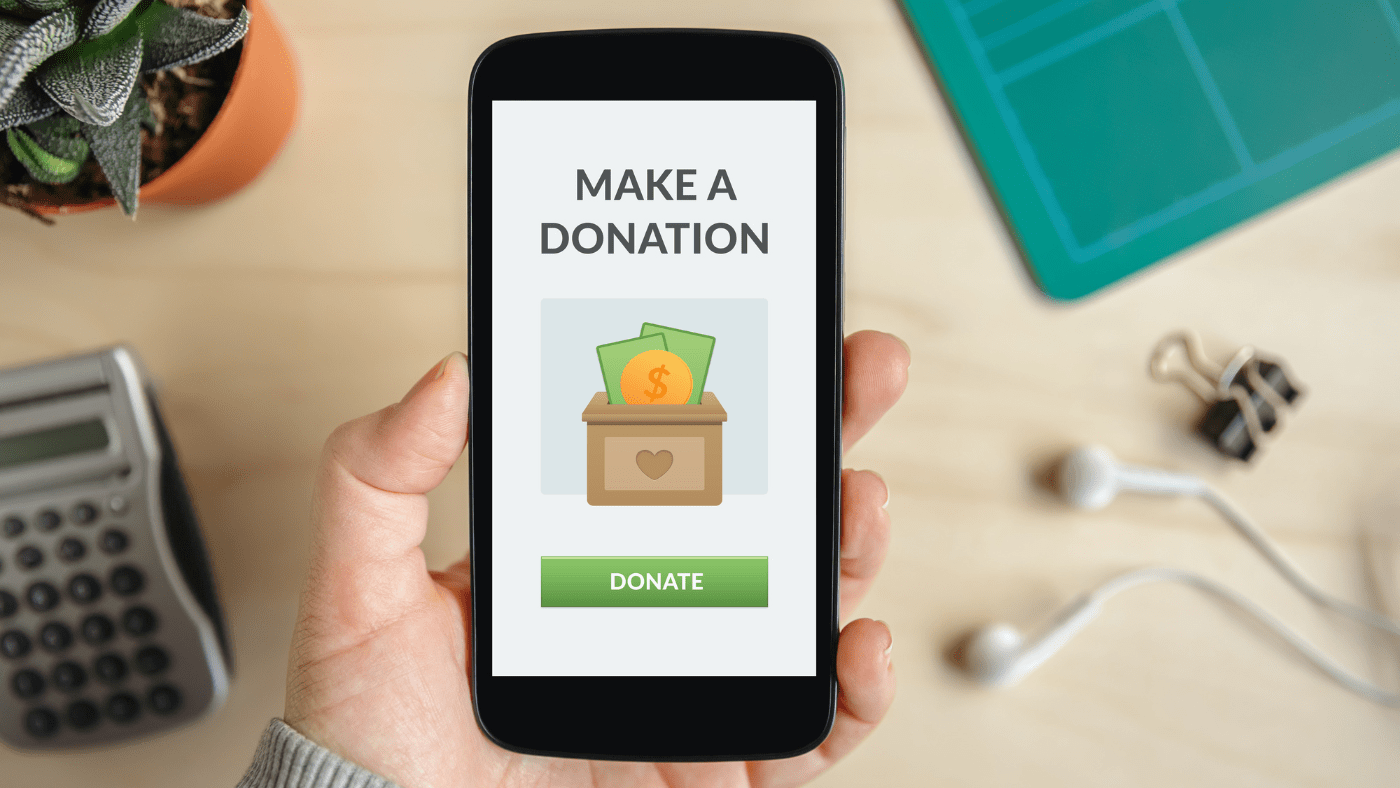Life Insurance should give you and your loved ones peace of mind that they will have funds available if anything happens to you. But that may not happen if your insurance beneficiary designation isn’t up to date.
What Could Happen if I Don’t Update My Beneficiaries?
Not keeping insurance beneficiaries up to date may result in your benefits going to a former spouse, a deceased parent’s estate, and your estate! It could also result in payment delays at a time when your loved one needs the money. For example, if the listed beneficiaries are children from a first marriage, then children from a current marriage might contest the claim if they believe they have more recent documents showing they should be the beneficiaries. No one could be paid until it is determined who legally is entitled to the money.
What If I Name a Minor Child as Beneficiary?
If you name a minor child as your insurance beneficiary, then the proceeds will be paid to the court-appointed guardian of the child’s estate. Or, the funds will be paid to the child when he or she reaches the “age of majority,” which varies from state to state.
Can I Name a Trust as Beneficiary?
Yes, but designating a Trust as your beneficiary does not create a Trust. You must work with a financial or legal professional to set up a Trust before naming one as your insurance beneficiary.
Update Your Beneficiaries Today.
If you’ve had a recent life event such as a change in marital status, the addition of a child, or the death of a loved one, then now is a good time to review your insurance beneficiary designation for Servicemembers’ Group Life Insurance (SGLI), Veterans’ Group Life Insurance (VGLI) and VA Insurance policies starting with V, RH, RS, J, K or W. It’s the best way to ensure your life insurance benefit is paid to the people you want.
Even if you haven’t had a recent life event, it’s a good idea to review your beneficiaries at least once a year. So, mark it on your calendar as an annual event. And remember, you have the legal right to name any beneficiary you want and change your beneficiary at any time.
How do I Update My Beneficiaries?
Please refer to the chart below for information on how to review and update your beneficiaries.
|
If you have |
Get current beneficiary info by calling | Update your beneficiaries by completing |
| A VA policy starting with V, RH, RS, J, K or W | Department of Veterans Affairs: 800-827-1000 | Form 29-336* |
| SGLI Coverage | Your branch of service | Form SGLV 8286* |
| VGLI Coverage | The Office of Servicemembers’ Group Life Insurance (OSGLI): 800-419-1473 | Form SGLV 8721* or log onto your VGLI Online Account at www.benefits.va.gov/insurance |
*You can access all Change of Beneficiary forms at http://www.benefits.va.gov/INSURANCE/updatebene.asp.
Topics in this story
More Stories
In this news post, we explore the various options designed to keep you in your home, offering hope and possible solutions for when/if you experience financial hardship.
Vietnam Veteran David Chee is among the many Native American Veterans and service members who have dedicated their lives to military service. Chee proudly served with the Army's 82nd Airborne, parachuting into the jungles of Vietnam. Chee now owns a home he purchased on Navajo tribal lands with the help of the VA Native American Direct Loan.
For Veterans, donating to charities—especially those that support fellow service members—feels like a meaningful way to give back to the community. However, Veterans and their loved ones must remain vigilant and learn to protect themselves from charity scams.







so that’s why i must update my insurance beneficiary.
thanks for the article